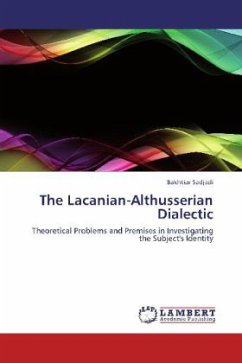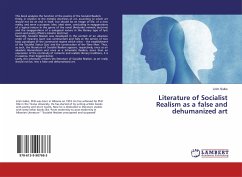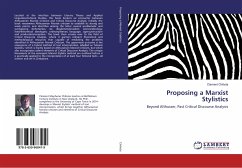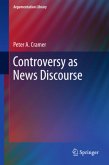Over the last few decades, interest in the construction and representation of identity has increased exponentially. This book, examining the Lacanian and Althusserian notions of the subject, explores theoretical problems and methodological premises of a converged critical perspective of both theories. The Lacanian-Althusserian dialectic provides a more effective account of subjectivity formation than a purely psychoanalytical or structuralist Marxist reading. Addressing the affinity between the Lacanian concept of linguistic alienation and the Althusserian idea of ideological interpellation, the LAD investigates the subject's alienation with what is called in the study 'the ideological signifier.' The analysis, therefore, provides major theoretical premises of the LAD including the inter-subjective dialectic, intra-subjective lack, ideological constitution of the subject through language, and identity representation in language. A case study of James Joyce's A Portrait of the Artist as a Young Man in terms of this critcal approach is also presented. The book should help shed some light on the analysis of subjectivity, and should be particularly useful to experts in critical theory.
Bitte wählen Sie Ihr Anliegen aus.
Rechnungen
Retourenschein anfordern
Bestellstatus
Storno








